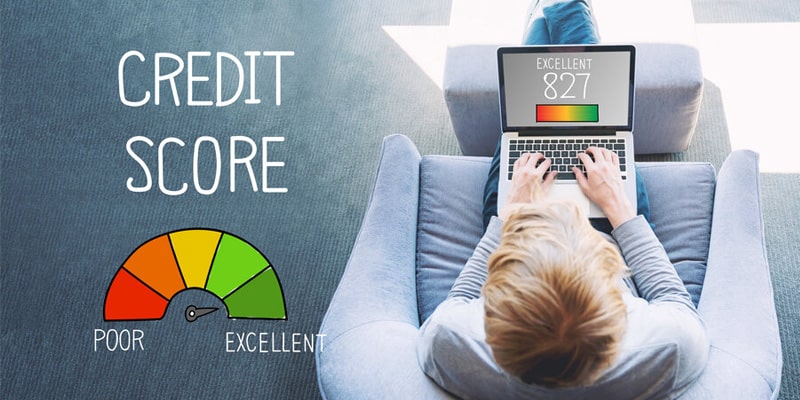Getting approved for car loans when you have bad credit can be extremely frustrating, but it doesn’t have to be. As long as you’re willing to put in the time and effort, you should be able to get approved for the car loan you want, even if your credit isn’t perfect. We have eight strategies that will help you fix bad credit and get the car loan approval you deserve!
Fix your credit report
One of the best ways to address bad credit is by fixing your credit report. Doing so will erase erroneous marks, resulting in a much more accurate picture of your financial past. Check out our guide on how to fix bad credit here. To fix bad credit you need to either pay off what you owe or bring your accounts current. To do that, you’ll want to work with a debt settlement company like Decs-We Kill Debt which can negotiate settlements with collectors on your behalf. These companies typically charge normally of what they’re able to settle which can give you money back without making any payments at all while also repairing your credit score since it shows that some bills are being paid as agreed.
Obtain auto financing
If you’re applying for an auto loan, it’s important to look at more than just your credit score when deciding whether or not you’ll be approved. To get approved, your credit rating needs to be in good standing—but that doesn’t mean it has to be great. While having bad credit might scare away some lenders, there are still options if you need car financing. Talk with multiple banks and lenders about your situation; chances are high that you’ll find one willing to work with your past mistakes. Don’t apply for a personal loan instead of an auto loan because you think they are easier to obtain; keep in mind that car loans can have lower interest rates and shorter repayment periods.
Low-interest rates are important

The Federal Reserve continues to hold interest rates at record lows, which is good news for prospective car buyers. It’s never been easier or cheaper to finance a new or used vehicle. If you have bad credit, don’t despair; low-interest rates can help you rebuild your credit score faster. Find out how here.
It’s Not About Your Score: You could be driving around in a gorgeous new car if you had a high credit score, but chances are you still don’t. Here’s why: today’s lenders and dealers aren’t looking only at your FICO® number when they decide whether to approve financing options.
A co-signer can help your chances
It’s unlikely you’ll be approved for a car loan if you have bad credit. But if someone who has good credit co-signs your loan with you, there’s a much better chance that you’ll get approved. If your child is 18 or older and has good credit, one option is to ask him or her to co-sign on your loan with you. Just make sure he or she understands what he or she is agreeing to do—and be prepared for those payments should something happen down the road (such as job loss). You can also see if any family members will agree to help by putting down money towards your purchase instead of acting as a co-signer.
Choose lenders who accept high-risk applicants
If you have bad credit, it may be harder than normal to get approved for a car loan. However, don’t give up! There are still lenders out there who may approve your loan application if you qualify based on your income or assets. You can also try applying for loans with lenders that offer subprime financing. These loans are similar to payday advances in that they carry high-interest rates, but they can sometimes be easier to obtain than loans from other lenders who only work with good credit applicants. Another alternative is to look into getting a personal loan instead of a car loan; some personal lenders will allow you to borrow money without considering your credit history.
Decide on a down payment amount you can afford
Deciding on how much you can afford in terms of down payment plays an important role in determining whether or not you will be approved for a car loan. Down payments of less than 20 percent are usually required by car dealers, so if you want your loan application to pass through, it’s wise to make sure that you set aside enough money so that your down payment amount is at least 20 percent of your vehicle’s cost. The higher the percentage of your down payment, however, the lower your monthly installment repayments will be—but keep in mind that having a high percentage also means there is more risk involved should you decide to default on any payments. If you have bad credit or no credit history, it might also mean higher interest rates being charged when compared with those who have an excellent credit history.





